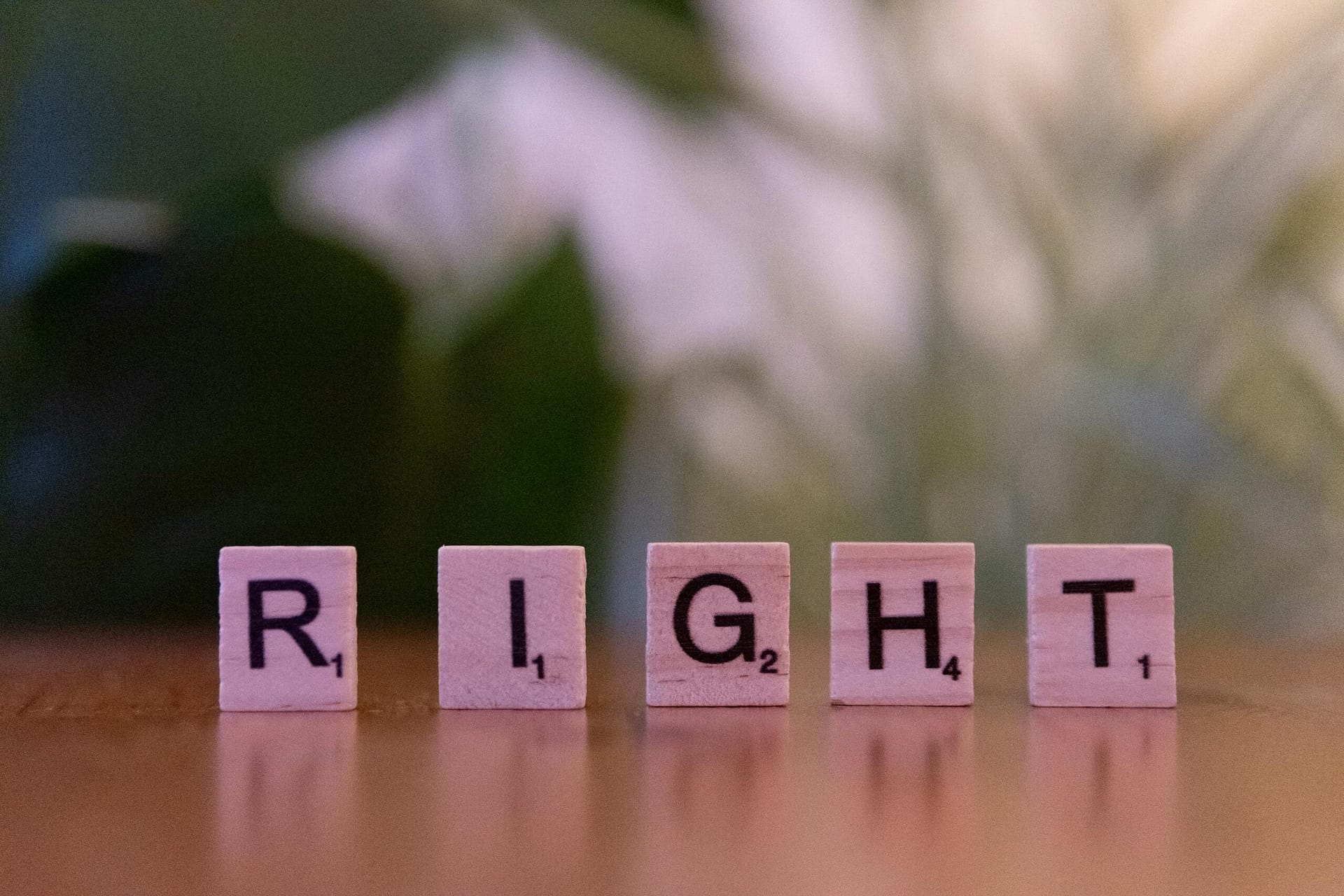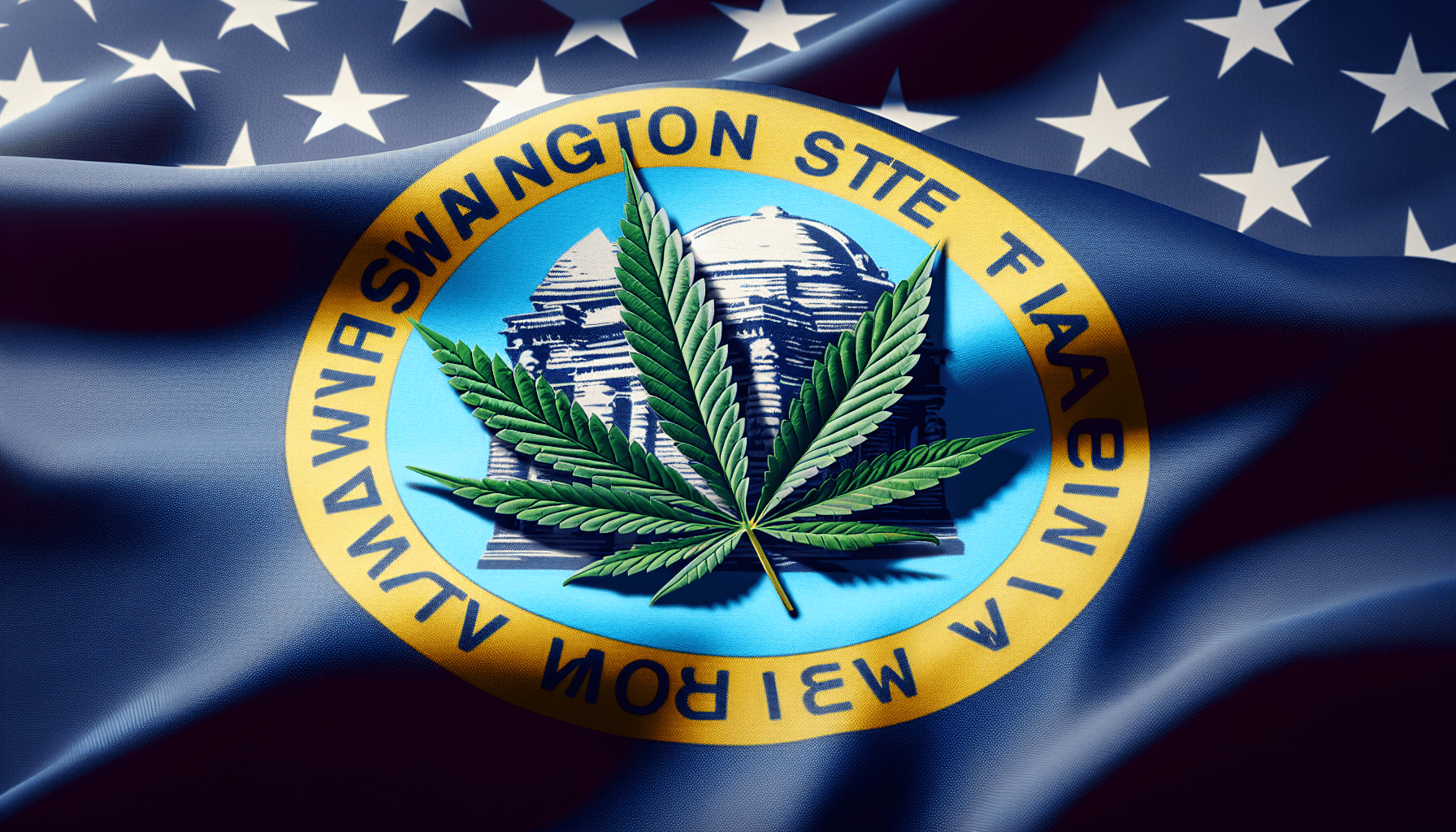Overview Of Cannabis Laws In Washington
Are you curious about the cannabis laws in Washington? Whether you are a consumer, business owner, or simply interested in the topic, it’s essential to understand the regulations surrounding cannabis in the state. Let’s take a closer look at the key aspects of cannabis laws in Washington.
Cannabis Legalization in Washington
Cannabis has been legalized for both medical and recreational use in Washington. The state was one of the first in the United States to legalize recreational cannabis, with voters approving Initiative 502 in 2012. This initiative allowed for the establishment of a regulated system for the production, distribution, and sale of cannabis products.
Medical Cannabis Laws
In Washington, medical cannabis is legal for patients with qualifying medical conditions. Patients with a valid prescription from a healthcare provider can purchase and possess medical cannabis. The state has a medical cannabis authorization database that allows patients to register and obtain a medical cannabis card.

Recreational Cannabis Laws
Recreational cannabis is legal for adults aged 21 and older in Washington. Residents and visitors can purchase cannabis products from licensed dispensaries. There are regulations regarding the possession limits, public consumption, and driving under the influence of cannabis.
Possession Limits
Individuals can possess up to one ounce (28 grams) of usable cannabis flower, 16 ounces (454 grams) of cannabis-infused edibles, 72 ounces (2,042 grams) of cannabis products in liquid form, and 7 grams of cannabis concentrates.
Public Consumption
Consuming cannabis in public places is prohibited in Washington. It is only allowed in private residences or cannabis-friendly venues.
Driving Under the Influence
Driving under the influence of cannabis is illegal in Washington. The legal limit for THC concentration in the blood is 5 nanograms per milliliter for adults and zero tolerance for individuals under 21.
Cannabis Cultivation Laws
Individuals in Washington are allowed to cultivate cannabis for personal use. Adults aged 21 and older can grow up to six plants per residence, with a maximum of 15 plants if there are multiple adults living in the same household. The plants must be grown in a secure and enclosed area.

Cannabis Business Regulations
The cannabis industry in Washington is regulated by the Washington State Liquor and Cannabis Board. Businesses involved in the production, processing, and retailing of cannabis products must obtain the necessary licenses and adhere to strict regulations.
Licensing
There are different types of licenses available for cannabis businesses in Washington, including producer, processor, retailer, and transporter licenses. Each license type has specific requirements and application processes.
Regulations
Cannabis businesses must follow regulations regarding packaging, labeling, testing, and advertising of cannabis products. There are also strict rules about security measures, record-keeping, and compliance with state laws.
Taxes on Cannabis
Cannabis sales in Washington are subject to various taxes, including state and local sales taxes, excise taxes, and additional taxes on cannabis products. The tax rates vary depending on the type of product and the retail price.
Excise Taxes
A 37% excise tax is imposed on the sale of cannabis products at the retail level. This tax is included in the retail price of cannabis products and collected by the retailer.
Additional Taxes
Local governments in Washington can add additional taxes on cannabis sales, which can vary from one jurisdiction to another. These taxes are in addition to the state excise tax.

Impact on the Economy
The cannabis industry has had a significant impact on the economy in Washington. The legalization of cannabis has created jobs, generated tax revenue, and boosted local economies. It has also provided opportunities for small businesses and entrepreneurs to enter the industry.
Job Creation
The cannabis industry has created thousands of jobs in Washington, ranging from cultivation and processing to retail and ancillary services. This has helped reduce unemployment rates and stimulate economic growth.
Tax Revenue
Tax revenue from cannabis sales has contributed to funding various programs in Washington, including education, healthcare, and drug prevention initiatives. The revenue generated has exceeded initial projections.
Economic Growth
The cannabis industry has contributed to the growth of local economies in Washington, particularly in rural areas where cannabis cultivation and processing facilities are located. It has provided economic opportunities for communities that were previously struggling.
Challenges and Opportunities
While the legalization of cannabis in Washington has been largely successful, there are still challenges facing the industry. These include federal regulations, banking restrictions, product testing requirements, and competition from the black market. However, there are also opportunities for growth and innovation in the cannabis industry.
Federal Regulations
Cannabis remains illegal at the federal level in the United States, which presents challenges for businesses operating in the industry. Federal regulations prohibit interstate commerce, banking services, and tax deductions for cannabis businesses.
Banking Restrictions
Cannabis businesses in Washington face challenges with banking services due to federal restrictions. Many banks are hesitant to provide financial services to cannabis businesses, making it difficult for them to access basic banking functions.
Product Testing
There are strict requirements for product testing and quality control in the cannabis industry in Washington. Cannabis products must undergo testing for potency, contaminants, and pesticides before being sold to consumers.
Black Market Competition
The black market for cannabis continues to pose a challenge to the legal industry in Washington. Unregulated and unlicensed sellers undercut legal businesses by offering lower prices, which impacts the revenue and market share of licensed dispensaries.

Conclusion
In conclusion, Washington has established a comprehensive regulatory framework for the cannabis industry, allowing for both medical and recreational cannabis use. Understanding the laws and regulations surrounding cannabis is crucial for consumers, patients, businesses, and policymakers. By following the guidelines and complying with the laws, the cannabis industry in Washington can continue to thrive and contribute to the state’s economy.
